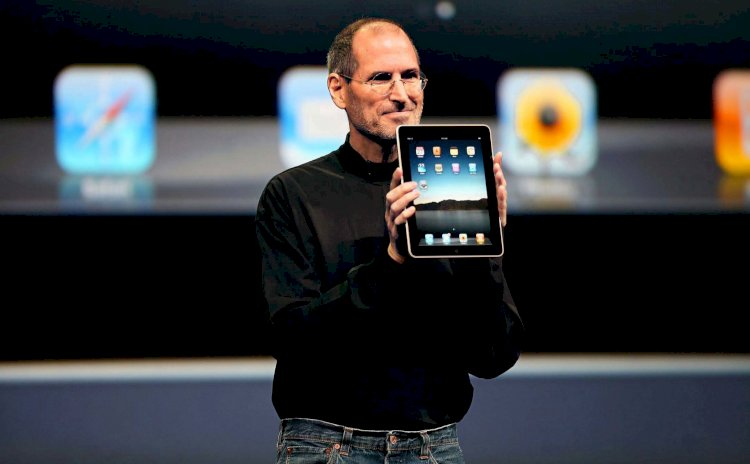Kicking off the tablet trend.
Steve Jobs' response to Google's Android-everywhere plan was straightforward and audacious: he introduced the iPad. Despite what he told Walt Mossberg of The Wall Street Journal seven years previously, many people expected Jobs to debut a tablet. "It turns out that people desire keyboards..." "When we look at the tablet, we believe it will fail," Jobs stated.
If Google tried to win the mobile-platform fight on breadth, Jobs would win it on depth. But he'd changed his mind. If Google tried to win the mobile-platform fight on breadth, Jobs would win it on depth. All that then-Android CEO Andy Rubin had to do to spread Android was to get it on more and more computers; like Bill Gates with Windows, Rubin didn't care if devices were successful or not as long as the Android platform grew overall. Jobs needed to strike it out of the park every time to make Apple's strategy succeed — to build the iOS platform vertically.
Perhaps more people throughout the world possess Android phones than iPhones. People who bought iPhones, on the other hand, would also own iPads, iPod Touches, and a bevy of other Apple goods that all ran the same software, all linked to the same online shop, and all created far higher profits for everyone involved. Only someone with Jobs' self-assurance would have the audacity to set such a high standard. He kicked off the tablet trend.
Jobs presented his innovation to the world as though he were assisting his audience in completing a large jigsaw puzzle.











